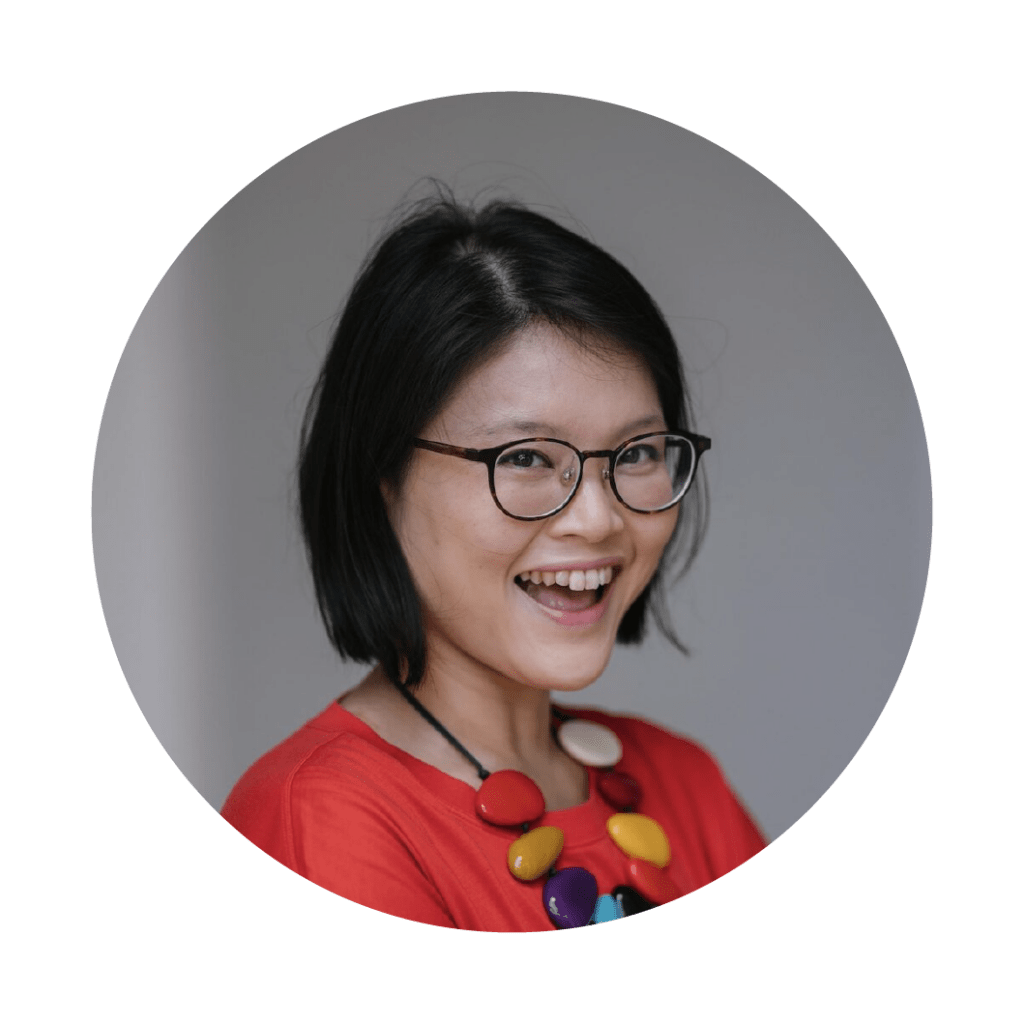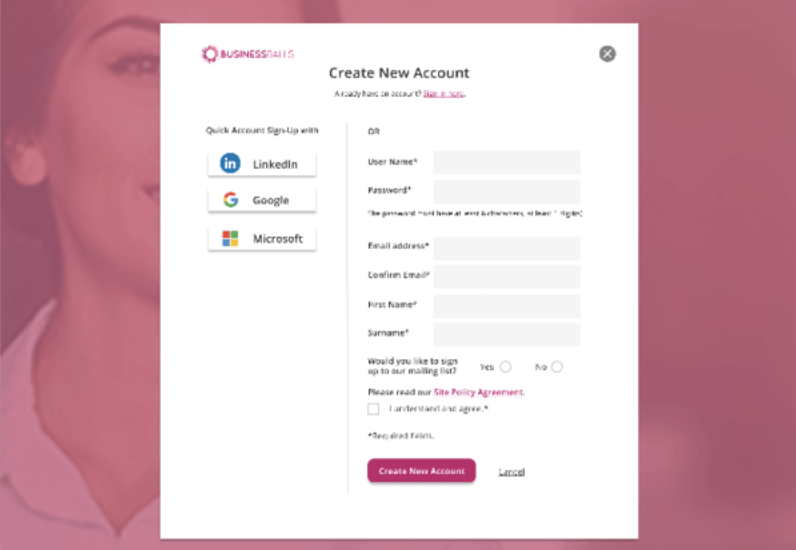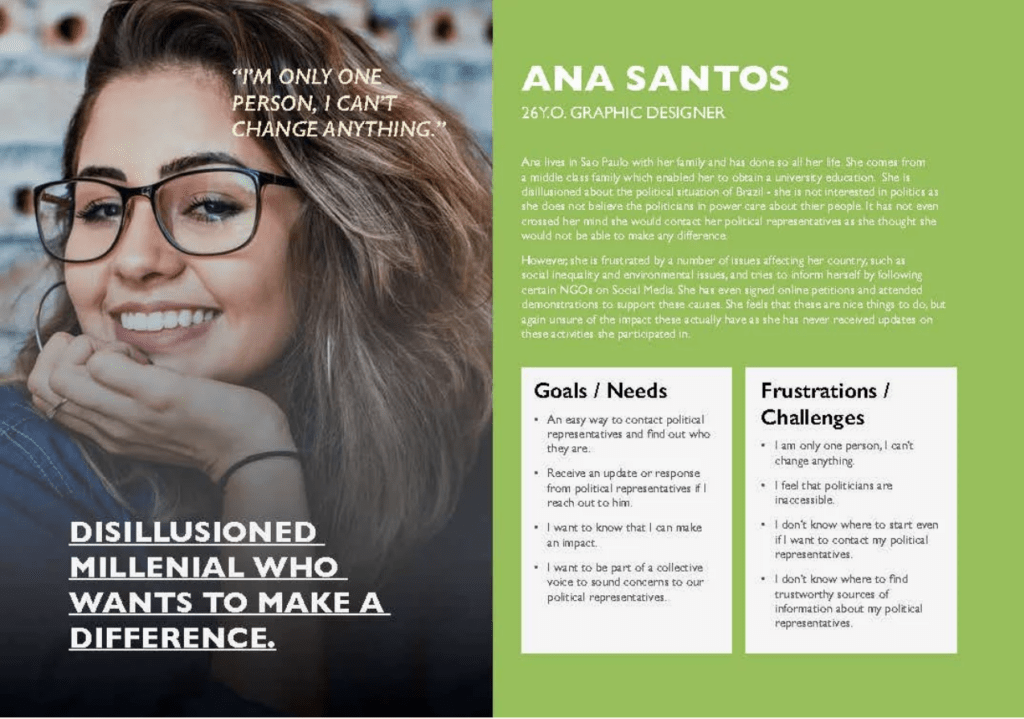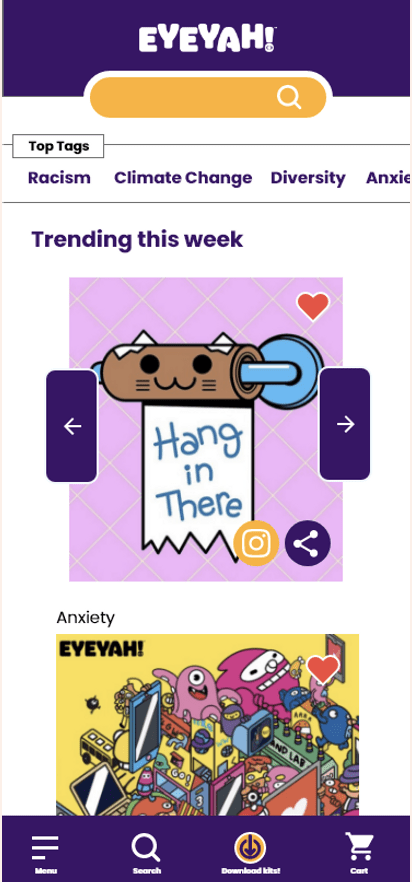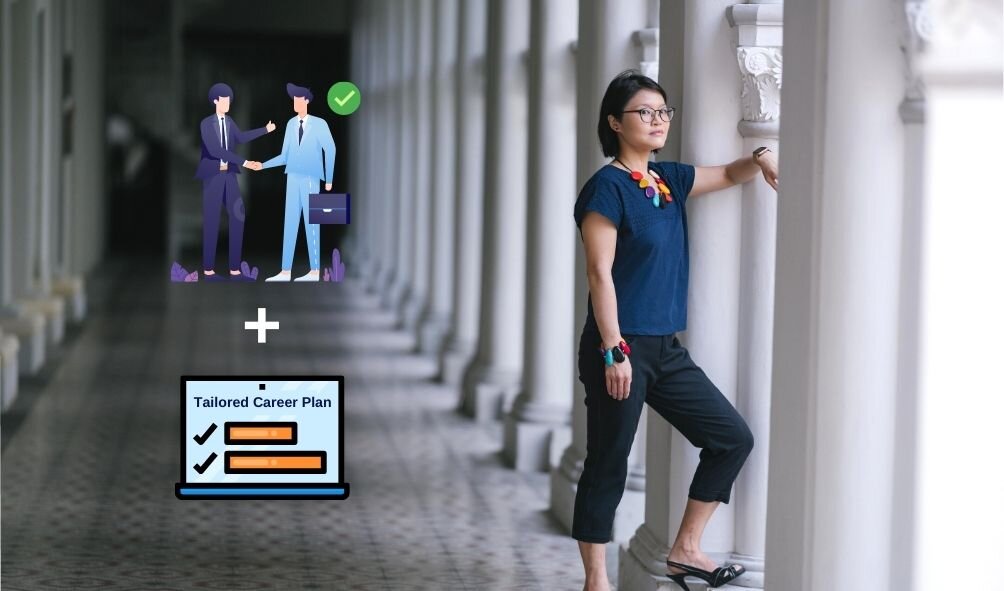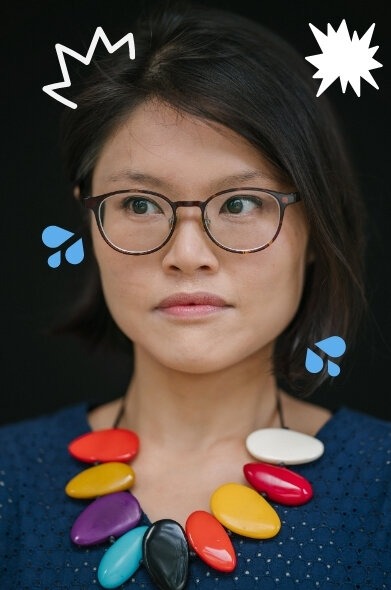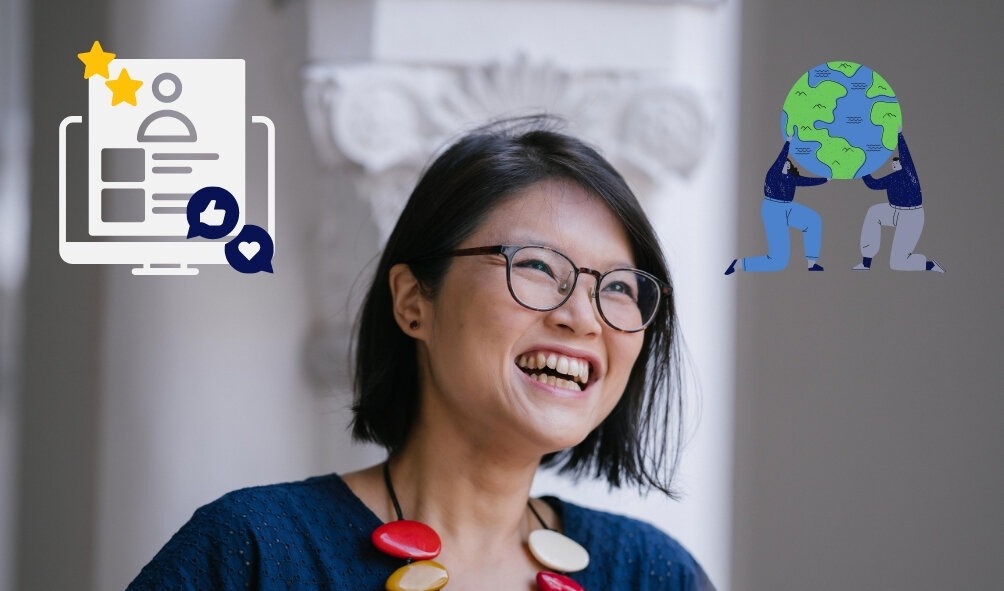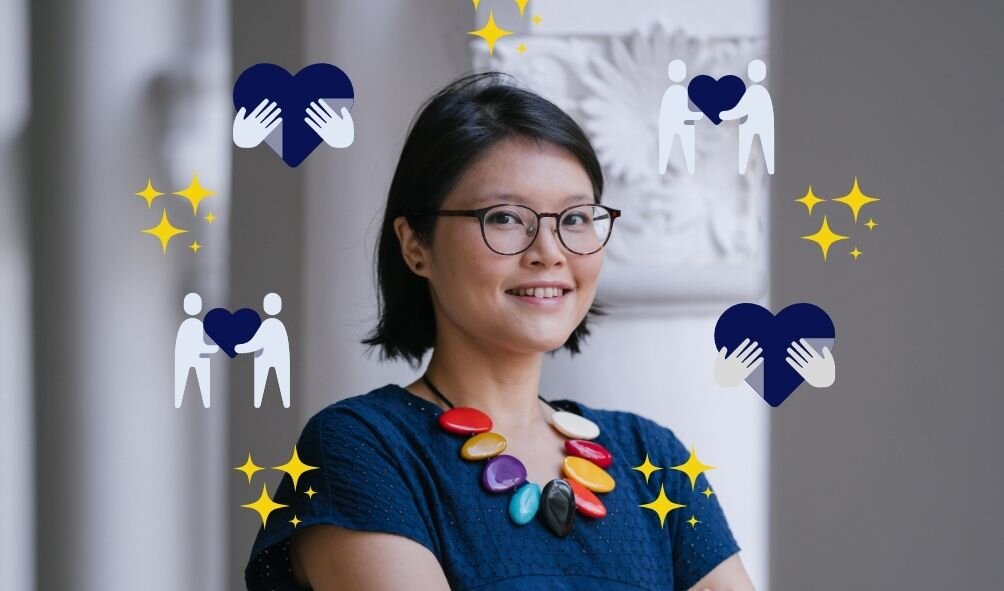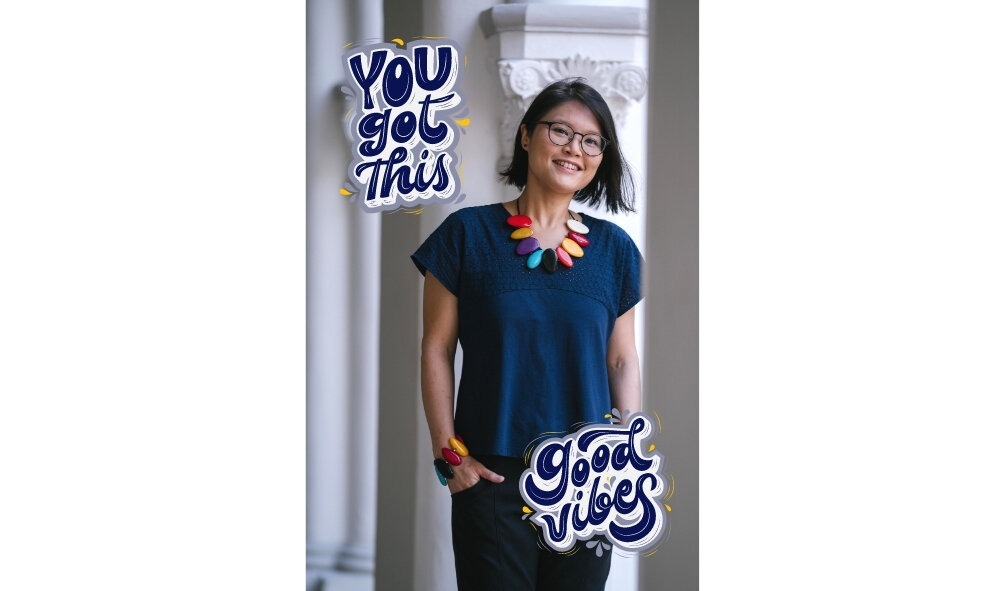A career in UX Design is becoming the first choice for many aspiring designers in the field today, with it being a trending and in-demand profession due to its lucrative income, strong career progression, and ability to create a real impact in your work. However, before you bid farewell to your current industry and decide to invest your time and money in the new career of UX, you’d probably have to consider this question: “Is UX Design a good career?”
First of all, ‘good’ is subjective and this definition changes from person to person. Be it salary, work-life balance, creative freedom, industry culture or meaningfulness, there are so many factors of a job that we consider before deeming it as a ‘good’ one. One of many who stand in support of UX Design being a good career is 37-year-old Ivy So Hayler.
Ivy was one of the 6 students in the very first batch of our 4-Month UX Career Accelerator last year in June, and successfully managed to break into the UX industry within months, during our programme.

